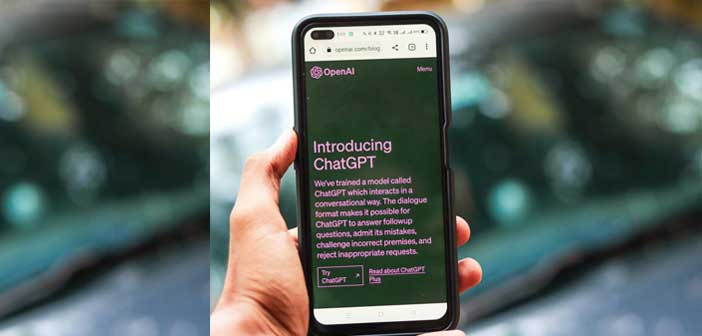Artificial intelligence (AI) has been one of the hottest topics in hospitality—in fact, in all of society—with some hailing its ability to make the personalization of a guest’s stay that much better, while others fear it will replace humans altogether.
AI has become part of some travelers’ first steps in their journeys, as they have begun using ChatGPT to plan their trips. By simply entering some parameters into the application, they can quickly narrow down their choices. While this aspect is still a work in progress in terms of going from those choices directly through the booking process, it is improving quickly.
When it comes to AI for the hotels themselves, there are a lot of opportunities to improve operations, according to Alex Cisneros, chief commercial officer, Mint House, whose career started as data scientist at AT&T.
“AI is an interesting topic, because there is an application for pretty much every part of an organization,” he said. “I had the advantage at the beginning of my career looking at some of the early models when we were doing some of the early work.”
While AI is in the spotlight right now, it has been used for many years when it comes to pricing.
“When I look at revenue management systems, they were the first to see that they could leverage data combined with models and algorithms to start automating the decision-making process,” Cisneros said. “That has been a really good application of AI, and now it is the standard.”
He added, “I always find it fascinating that when we talk about AI, people don’t always realize that we already had it in many respects. We’ve had the pieces—maybe it wasn’t called AI—but when we were doing segmentation of databases and triggering emails to personalize emails and whatnot, there was always pieces of it, because behind the scenes, that was the logic that was driving some of those segmentations.”
AI has a great ability for personalization for guests—from before they stay to when they are on property. “We are fortunate to use AI in some of our marketing,” said Cisneros. “There is a really good place for content creation that is more personalized to customers in a way that is relevant to them.”
A “really cool” aspect of AI, according to Cisneros, is how hotels can personalize and target almost in real-time.
“Based on how a customer is engaging with the brand, they can see that a customer clicked on an email because it contained info on pets. They can then start serving up relevant content through social media or targeting you in other ways.”
AI is also being used in communicating with guests through call centers and chat. “You can upload all of your policies, for example, and when someone has a question about their stay, instead of having just a plain answer, they can engage in more meaningful conversations that is not just answering the question,” he said.
Another advantage that AI can offer is the anticipating of trends based on survey and social media reviews. “It can anticipate what people are saying about your property and even capture some of the conversations that are taking place on social media and put it into a machine learning model to be able to create marketing content or customized pricing,” said Cisneros.
Outside of the guest-focused areas, AI can also play an important role on the development side. “With AI, we have opportunities to automate the thinking on where you can open a hotel,” he said. “I was reading about how much information is publicly available from satellite pictures. You can capture that information and put it into some models to see where you should be opening a hotel or apartment building, where you see growth in certain types of buildings and really be able to find opportunities sooner rather than later.”
Cisneros said that there are so many applications that AI can help with, but companies must look at three things when looking at the technology. “The first is: Do they have the right data and have they been collecting it? If not, let’s get to it,” he said. “Two is: Do you have the technical expertise to match AI to your business needs? Three is: Are you culturally ready to embrace a data-driven, AI-driven type of thinking?”



